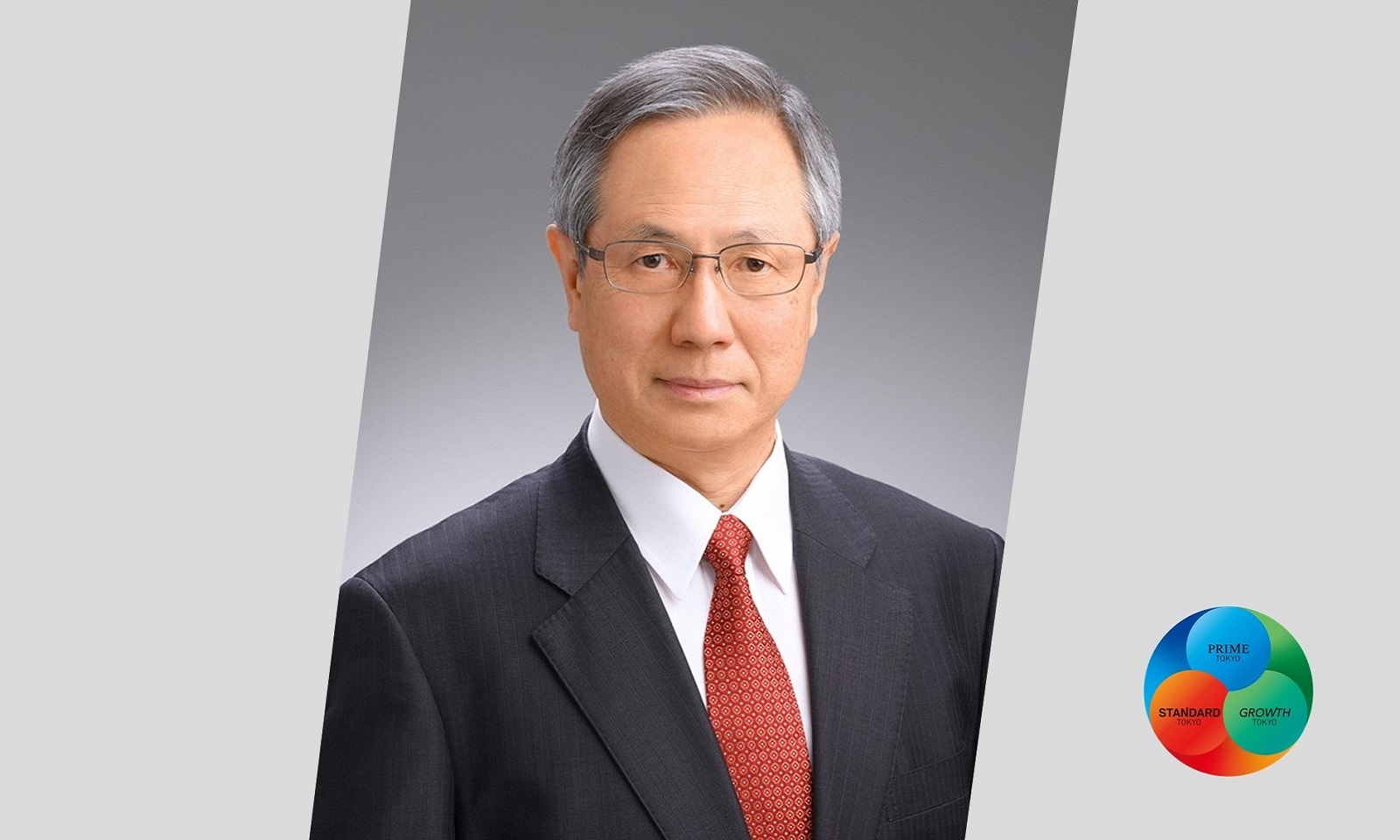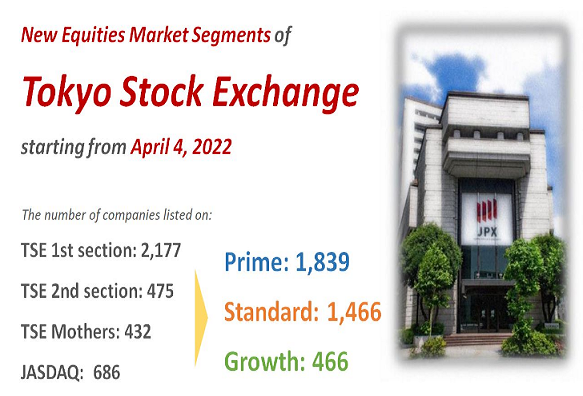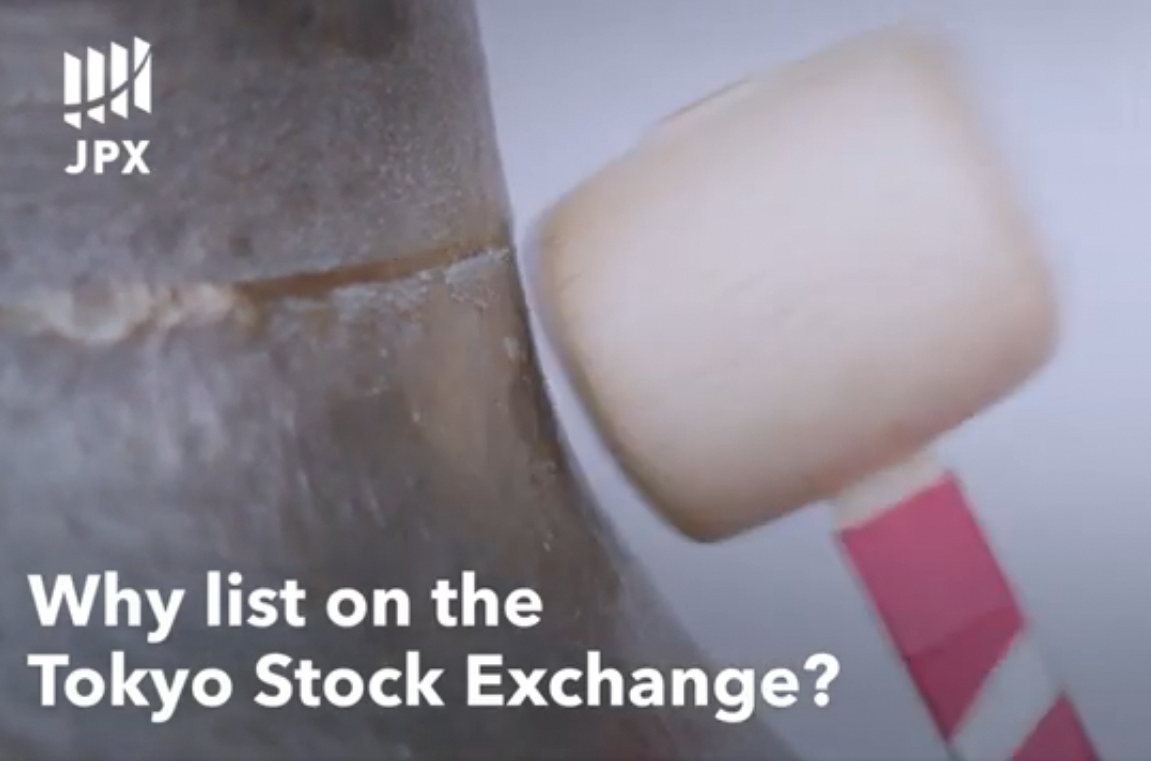TSE Cash Markets
Expectations after the market restructuring

By Joji Okada, Independent Audit & Supervisory Board Member Japan Airlines Co., Ltd.
In the past, we saw that an increasing number of Japanese companies got listed on the U.S. stock markets to be recognized as global companies. They intended not only to raise funds in the U.S., but also to attract more overseas investments to boost their growth by presenting financial results under the stringent US-GAAP and providing transparent disclosures. I used to work for one of such companies. The U.S. Securities and Exchange Commission (SEC) relentlessly asked us a lot of tough questions about our Form 20-F (equivalent to Securities Report in Japan). Through my experience in critical and challenging interactions with the SEC when I was in charge of corporate disclosure, I was keenly aware of the weight of responsibility of a U.S.-listed company.
Compared to those days, accounting standards and disclosure system have been well established in Japan, and the number of Japanese companies that seek listing in the U.S. for the above-mentioned reasons has declined. In addition, through the introduction of the Corporate Governance Code, etc., Japanese companies have increased their attractiveness as investments. As a result of this market restructuring, roles of each market segment are clearly defined and becomes easier for companies and investors to understand. Consequently, it is expected that Japan’s capital market will receive increased international recognition. While I hope the TSE will continue working on the reform, I assume further improvement of governance and disclosures are perpetual challenges for all listed companies. Despite differences in company size and prospective shareholders, they all need to ensure good governance as listed companies. Companies to be listed on the Standard Market or the Growth Market should not fall behind Prime Market-listed companies in terms of levels of their governance and disclosures. Furthermore, all listed companies are expected to voluntarily provide transparent disclosures, not limited to items required by regulations. With the establishment and revision of the Corporate Governance Code, the awareness of governance has increasingly become entrenched in Japan. In order to further ensure substantive governance, obviously it is indispensable to undergo a reform from within each company, led by the management, the board of directors, and the audit & supervisory board members, etc. In addition, as evidenced by the example of the SEC in the U.S., what is critical for maintaining the confidence of the market is the oversight by the TSE and other market players as well as such regulatory authorities as the Financial Services Agency and the Securities and Exchange Surveillance Commission.






